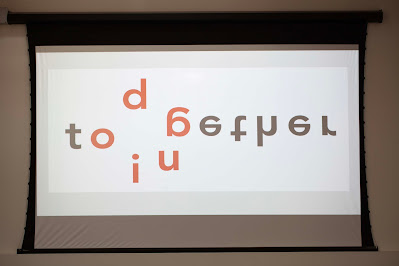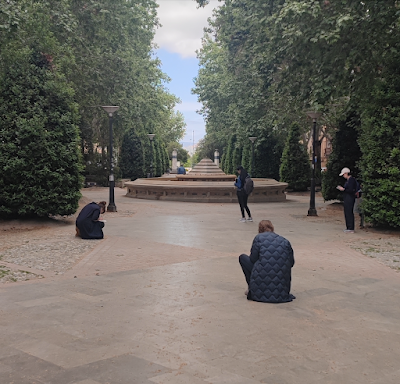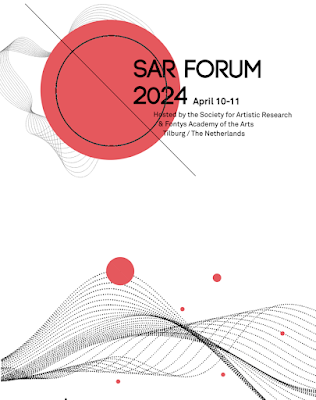I have been invited as one of the keynotes for the forthcoming Forum Artistic Research: Listen for Beginnings, (27–29 June 2024) organised and hosted by the Gustav Mahler Private University for Music Klagenfurt and the project Simultaneous Arrivals. More details here.
An abstract for my keynote entitled Soft Letting of Language: Listening for Emergent Wor(l)ds can be found here.
Theme: Listen for Beginnings
Listening seems to be a common-place and inconspicuous act, but at closer inspection reveals a complexity of uses, contexts and modalities, offering a rich discourse around which functions of listening in artistic research can be considered. Listening to, with, for others or oneself or an environment. Listening links body, mind, and culture. There is active and passive listening, deep and shallow, reduced and expanded, unconditional and critical, human and machinic. Listening depends and acts back on one’s perspective and orientation, as much as it may cause an intervention in the world. Careful listening requires not just perceptual openness, but an openness for surprise and an engagement to distinguish the subtle tones from louder ones, foreground from background, giving voice to human and non-human entities, to the neglected. Far beyond its prominence in sound art and musicking, in the past half century listening has been instrumental across disciplines, occupying the minds of artists and scholars who wonder about its aesthetical, ethical and epistemic ramifications.
“Listen for beginnings”—thus reads the first of thirteen points for improvisation formulated by Pauline Oliveros in her 2012 anthology of text scores. Attention is given to how something is initiated or noted, where beginnings imply that things are in their infancy, still in flux, still forming. In research, beginnings are often moments of wonder when what is being researched is still obtaining its shape. Beginnings can be difficult to make out, or they are clearly foregrounded as in rites of passage. The listening in Oliveros’ instruction does not happen in isolation, it is a collective listening among a group that wants to engage in an activity of togetherness, thus the beginning that is sought is a beginning among, the start of a movement of multiple actors. In this sense, Listen for Beginnings ties in with the question of how forms of collaborative practices arise. Practices based on mutual awareness and giving space to one another, particularly when crossing disciplines and media. Understanding the conditions, methods and potentialities for collaborative space and place making seem crucial to allow the kind of beginnings to happen that make us wonder.











